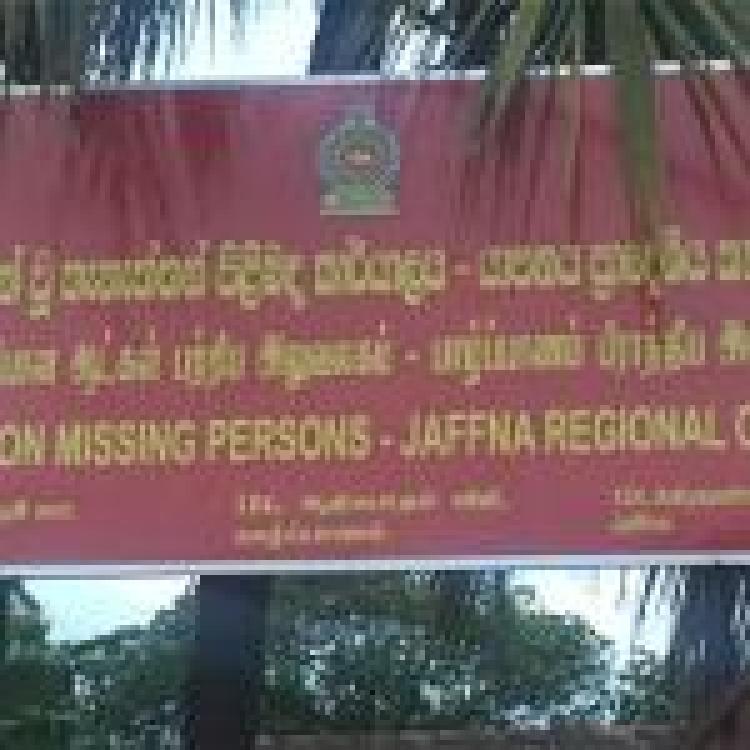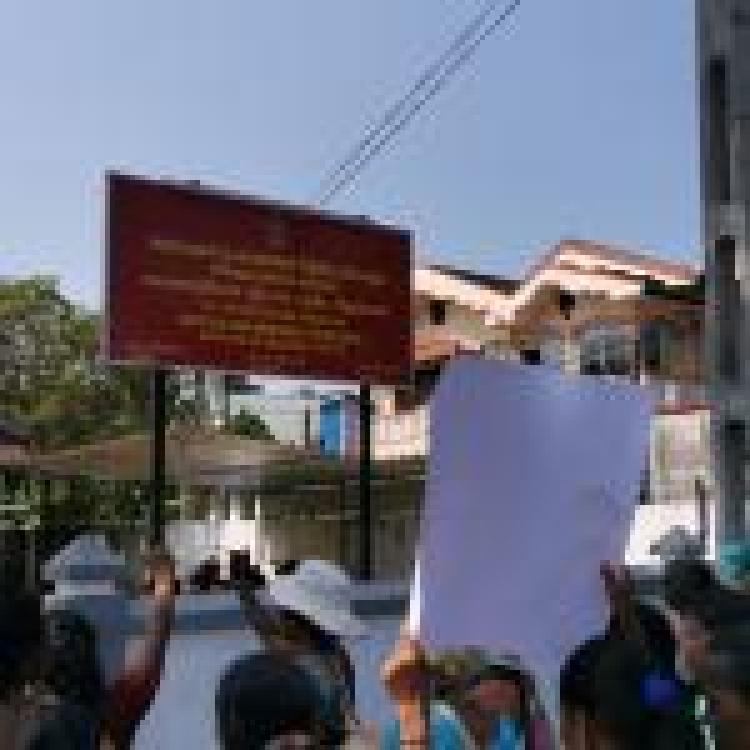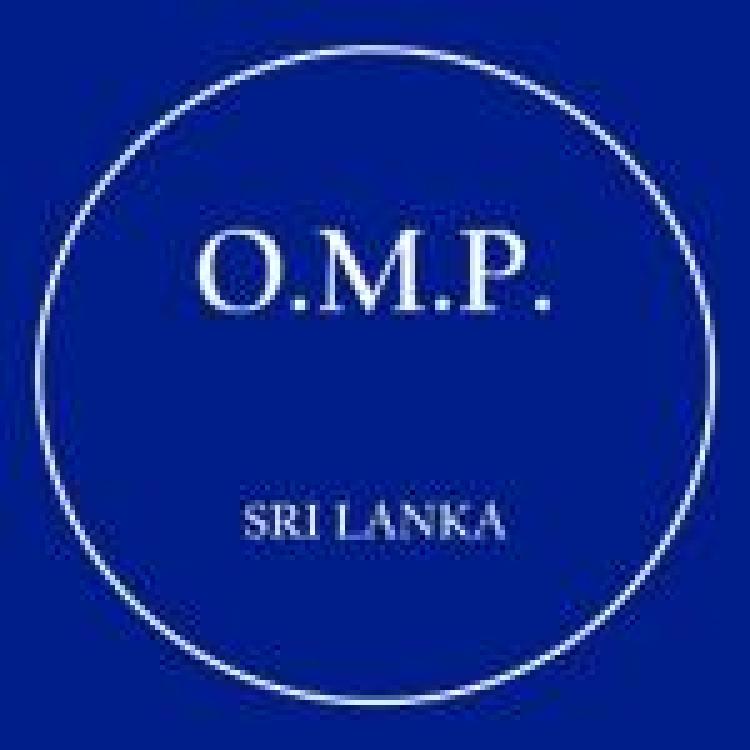The Office of Missing Persons (OMP) released a statement yesterday, on their second anniversary of its establishment, calling for the “unstinted cooperation of the Government and state agencies”, so that truth and justice for the missing and disappeared persons’ and the protection of the rights of their relatives are ensured.
The Sri Lanka government’s recent withdrawal from co-sponsoring the United Nations Human Rights Council Resolutions, has prompted a wave of uncertainty and dread amongst Tamil families of the disappeared and the OMP has urged a mechanism to be implemented to recognise the demands of the families and to ensure that the "legal and moral obligation of the State towards its citizens whose loved ones have gone missing" is kept.
The OMP - established on 28th February 2018 - described that previous government committees and inquiry commissions concluded that disappearances have been carried out by both State and non-state actors and therefore “consistently recommended reforms to ensure non-recurrence.”
However, it was highlighted that these reforms were mainly overlooked and yet to be implemented.
The recommended reforms included:
- Strengthening the legal and institutional framework relating to detention
- Measures to establish the fate of those disappeared
- Prosecution of perpetrators of disappearances
OMP emphasised that even though Sri Lanka acknowledged the widespread disappearances across the country, it has still yet to formally deduce an exact figure pertaining to the number of disappeared persons, with discrepancies seen in numbers across the successive commissions of inquiry.
The ‘Paranagama Commission’ declared that it received 21,000 complaints of disappearances as it set out to investigate alleged disappearances that occurred in the Northern and Eastern Provinces between 1983 and 2009.
The lack of closure, justice and the state’s negligence in providing answers for the families of missing persons, has resulted in them living in agony and torment still not provided with the truth about what happened to their loved ones. Some family members have been seeking answers for more than three decades, with the consequences of their disappearances felt by young children, elderly parents, wives alike.
Family members have been forced to "accept Certificates of Death for administrative purposes’' and have repeatedly expressed their distrust and anger at state institutions in the forms of multiple protests and memorandums, leading them to urge international intervention instead.
The OMP claims that after engaging with family members they are working on gaining their confidence in the state to secure their rights and insisted they will guarantee compensation for families of missing persons, although this was terminated on 31st December 2019.
By commemorating the international day of the disappeared over the past two years and by developing a provisional list of the missing and disappeared in February 2020, the OMP insists it “remains committed to furthering the cause of the missing and disappeared and to working with the families of the missing and disappeared and advocating on their behalf,” which the families of the missing persons will hope prompts a suitable state reaction.
Read the full statement here.



